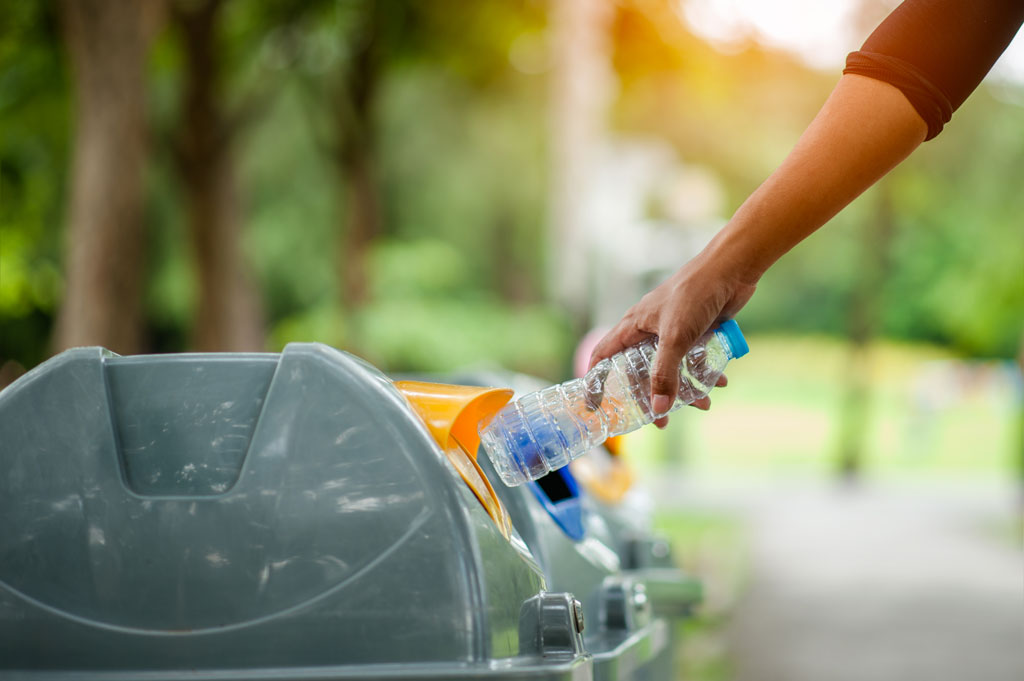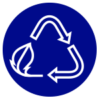SUSTAINABILITY

sustainable.
EasyPak’s goal is to continually improve the environment, the communities we support, and the customers we serve with high-quality packaging using recycled materials. From patented products that use innovative design to cut down on waste, to natural materials that decrease your carbon footprint, our packaging solutions are designed with the environment in mind. By using PCR, complying with meta reports, and implementing eco-friendly practices within our own corporate structure, we’re environmentally conscious in both product and practice.
PCR or post-consumer recycled (PCR) resin is used plastic that is recycled. As a leader in the use of this recycled material, EasyPak’s commitment to sustainable packaging and PET PCR will continue to drive our sustainable operations.
What is PCR?
Post-Consumer Recycled (PCR) resin is recycled material waste created by consumers. The plastic waste must first be gathered and sent through a proprietary process to form resin pellets which are used in place of or in addition to newly-created plastic pellets. This environmentally-friendly packaging option has been widely studied by the FDA to ensure safety for consumers.
Where Does PCR Come From?
PCR plastics are made from the recycled materials from existing PET bottles and other plastics, including water bottles, drink bottles and some food packaging.
What are the Benefits of PCR?
As consumer demand shifts to sustainable products, PCR provides several benefits for the environment, consumers, and manufacturers:
- Because PCR plastic is made from existing plastic, it reduces the impact on landfills.
- The reprocessing of PCR lowers a manufacturer’s carbon footprint: it uses less energy and fossil fuels than creating new (virgin) plastic, another environmental benefit of PCR.
- Not only is reprocessing good for the environment, it’s cost-effective.
- PCR meets the growing consumer demand for plastic that are not associated with planetary harm and lowers demand for virgin plastics.
- By using sustainable plastic, you’ll stay ahead of evolving environmental regulations.
Learn more about how the benefits of PCR- and how it can provide a boost to your business in our Knowledge Center.



